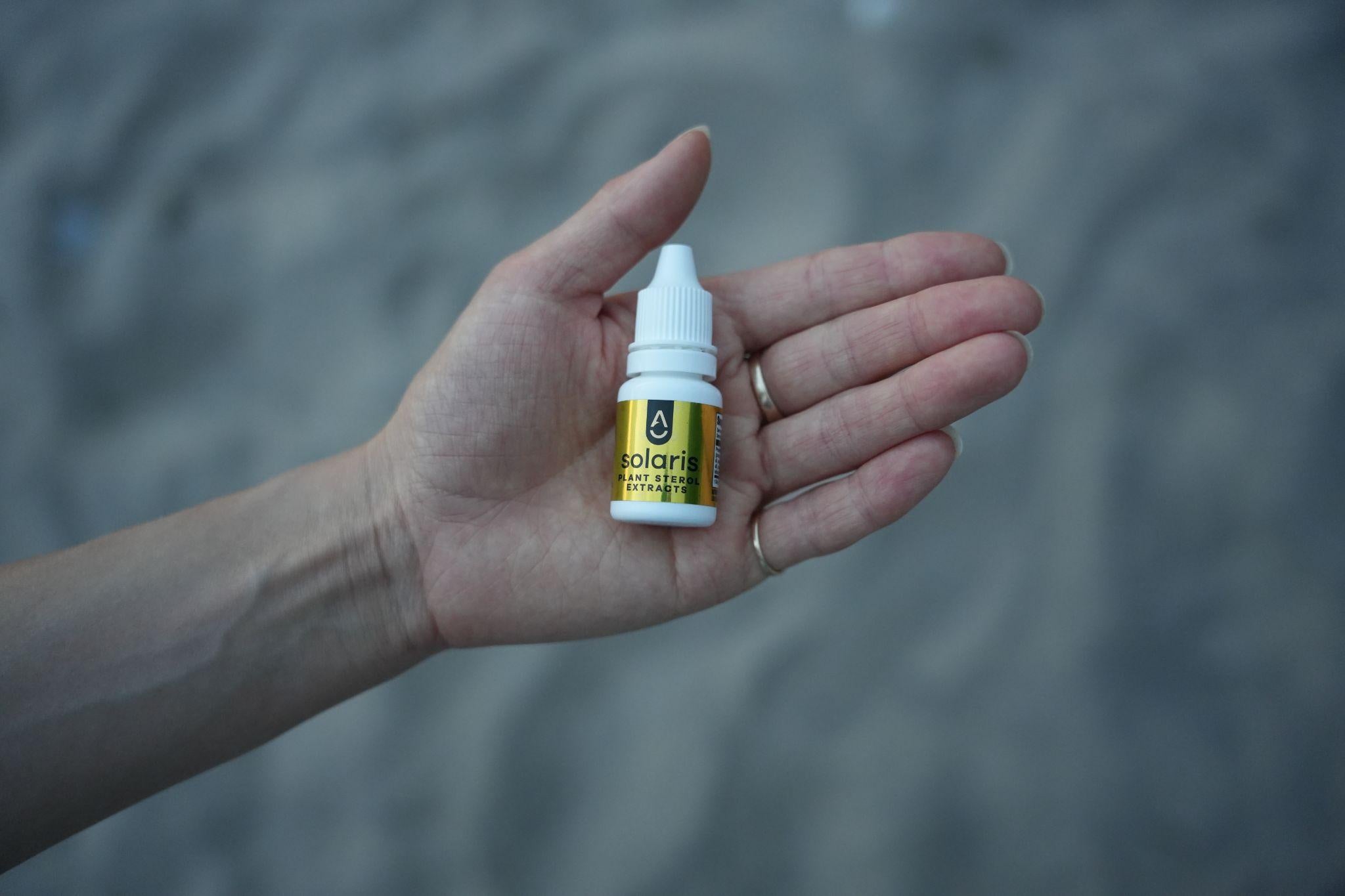
Did you know that your gut health is fundamental to your overall health?
A healthy gut means a healthy immune system. Your body also depends on your gut bacteria to fight oxidative stress, detox naturally and reduce inflammation.
On the flip side, an unhealthy gut is linked with all kinds of health conditions, many of which can be serious.
That’s a lot to depend on your gut for, which is why it is so important to take proper care of it.
When your gut health is in trouble, there are warning signs. This is your body alerting you to the problem so you can make it right.
It's pretty incredible just how many different bodily systems can be affected by gut issues. It goes way beyond digestion.
Keep reading to see if any of these signs sound familiar. If any of these are an issue for you, try taking steps to heal your gut.
1. Digestion problems: bloating, cramping, acid reflux or gas
Everyone experiences these issues on occasion. If they are ongoing problems, though, your gut is likely crying out for help.
Frequent digestion problems are a sign of bacterial imbalance.
When you don't have a strong population of good bacteria, the bad bacteria increase in number. This can put you at risk for conditions like irritable bowel syndrome or leaky gut. You might start out with bloating and gas but it can get much worse from there.
Pay attention to your digestive health. It would be unwise to cover up the problem by just treating the symptoms with over-the-counter drugs. Treating your gut to some probiotics and eating more prebiotic foods is a much smarter route to recovery.
2. Constipation or diarrhea
Either of these conditions can be indicative of a gut in distress. With a healthy gut, elimination should be a smooth and regular process.
Sometimes a virus or a certain food can set off a temporary reaction, but if you notice you experience constipation or diarrhea regularly, this is likely because your gut bacteria is unbalanced.

3. Mental health struggles
It might seem strange that your gut health is tied to your mental health, but that’s a fact.
PaleoHacks.com points out that: “Scientists have already discovered that gut bacteria produce neurotransmitters. Now, they’re focused on another trend: people with certain mental disorders also tend to have disturbances to their gut bacteria.”
Depression, anxiety, ADHD and OCD could all be connected to your gut health.
This is not to say that gut problems are the only cause, or that healing your gut will be an absolute cure, but there is often a connection there. Improving your gut health could help to restore mental clarity and well-being.

4. Skin problems
Your skin is your body’s largest organ. It protects your body from toxins and other environmental contaminants.
When something is out of balance internally, specifically with your gut, your skin may become the site of a visual warning for you.
It's not just acne, either. Eczema can be a frustrating and uncomfortable skin condition that is actually an autoimmune response. We'll get into autoimmune disorders next.
5. Autoimmune diseases and disorders
We've already mentioned eczema, but rheumatoid arthritis, Hashimoto's, pernicious anemia and type 1 diabetes are also autoimmune diseases that are tied to gut health.
These conditions occur when your immune system begins to attack normal, healthy cells. This happens when your gut is compromised and bacteria enter your bloodstream through microscopic holes in your intestines.
As the healthy cells come under attack, you experience inflammation and your weakened immune system leaves you vulnerable to illness since it is busy attacking the wrong kinds of cells.
6. Frequent illness
Are you someone who is constantly coming down with a cold? If so, it may have something to do with your gut health. This is because 75% of your immune system function stems from your GI tract.
It’s noted that, if your digestive system is compromised, it weakens and strains your immune system. For a healthy adult (with a healthy microbiome) getting sick is not something that will happen regularly. A healthy individual will naturally develop immunities to common illnesses, but someone who is constantly feeling under the weather should look to their gut health to resolve the underlying issue.

7. Weight control problems
If your gut bacteria is unbalanced, or you have a less diverse microbiome, you might struggle with your weight.
Many people who have gut health issues are overweight or obese.
Studies have found that the microbiome (the ecosystem of your gut) influences things like insulin resistance, inflammation and risk of morbid obesity.
8. Diabetes risk
Many people who are overweight are also at risk for type 2 diabetes, which is one way in which this condition is connected with an unhealthy gut.
Studies have also found that people with type 2 diabetes usually have levels of hostile bacteria that can cause gut problems and likely indicate an already unhealthy gut.
We know now that with a clean diet, exercise and a diverse microbiome (healthy gut and thriving “good” bacteria) type 2 diabetes can be avoidable, and in some cases, reversible.
9. Food allergies or sensitivities you didn’t have before
Studies have shown that an imbalance of gut bacteria can actually cause certain allergies.
One particular bacteria, called Clostridia, has been found to be responsible for protecting your body from food sensitivities. It is easily wiped out by antibiotics, environmental factors and poor diet.
The results of the studies done on this suggest that a clean diet and support for optimal gut health (especially reintroducing healthy gut bacteria) can help put an end to most food allergies.
10. Diverticulitis
Diverticulitis is when small pockets, called diverticula, form in the lining of your digestive system. These pockets can form anywhere, but particularly in weak spots in the lining of your digestive tract and colon.
If your gut is balanced, the friendly bacteria should break down any pockets and help prevent weak spots. When there isn't enough of the good bacteria in your system, the bad bacteria gets caught in the diverticula and causes flare-ups.
Symptoms to watch for include abdominal pain, rectal bleeding and fever.
Your gut really is responsible for helping you maintain your health. When your gut is in trouble, so is the rest of your body.
That’s why it is SO important to make sure you take great care of your gut health.
Resources:
http://www.mindbodygreen.com/0-14510/10-signs-you-have-an-unhealthy-gut-how-to-heal-it.html
http://fixyourgut.com/
http://blog.paleohacks.com/7-signs-your-gut-bacteria-are-out-of-whack/
http://www.rd.com/health/wellness/gut-health/












Muscle Cramps: Causes & Solutions
Muscle Cramps: Causes & Solutions